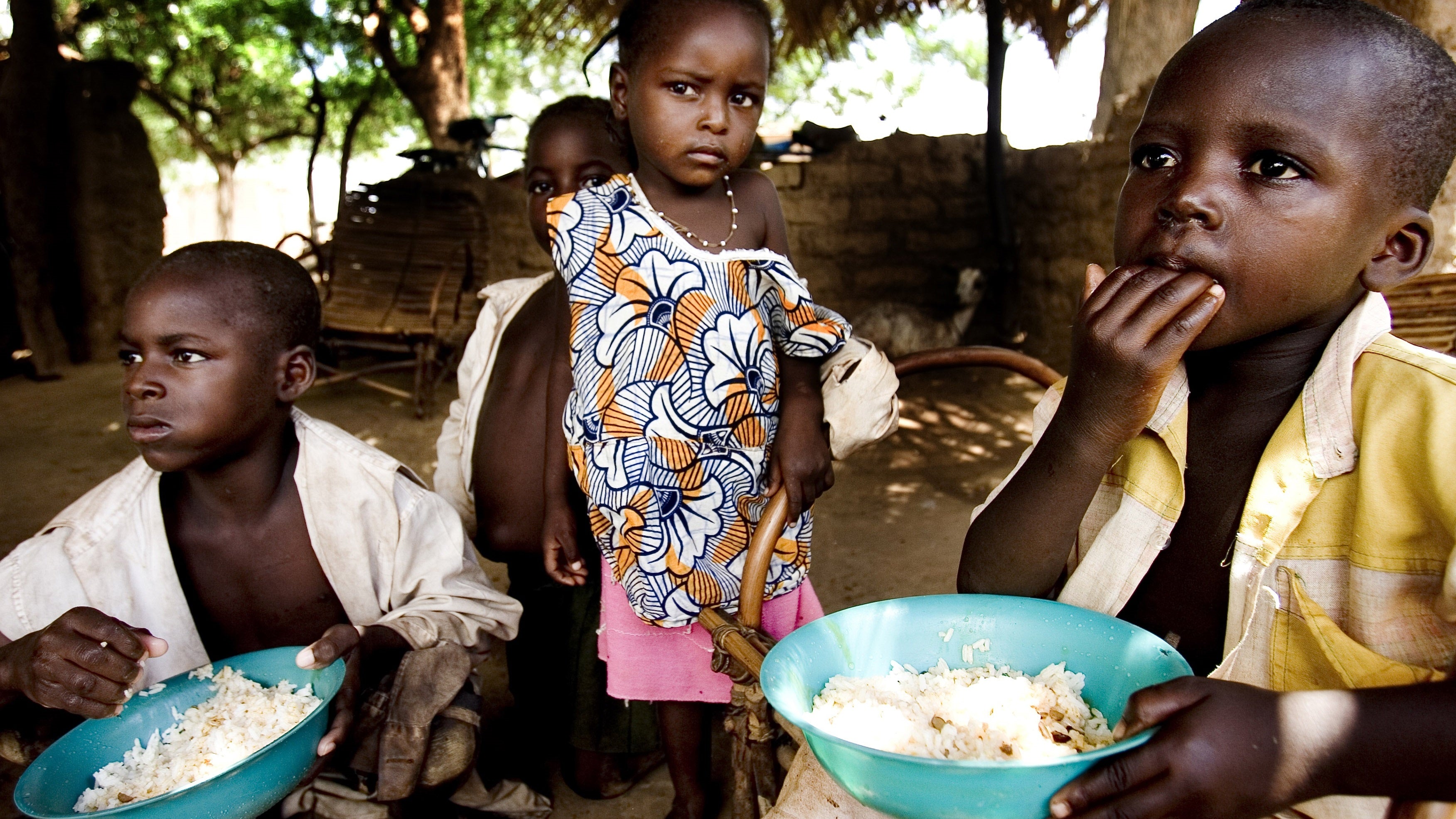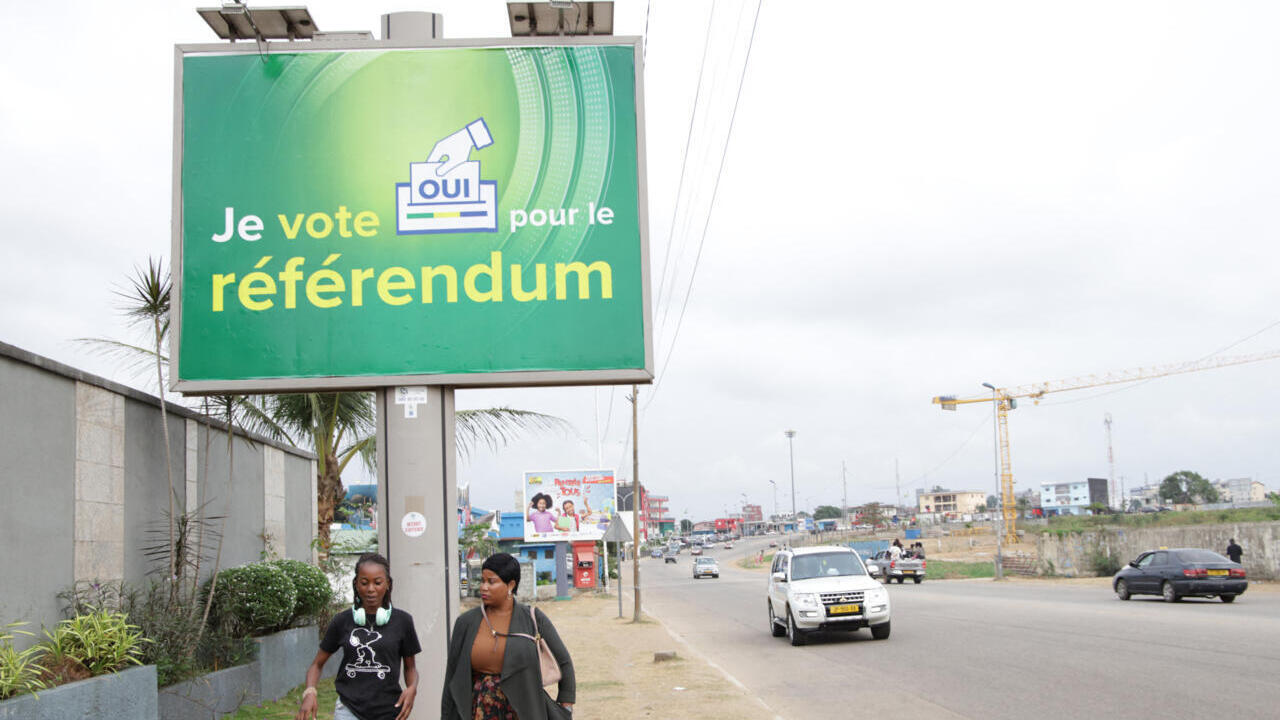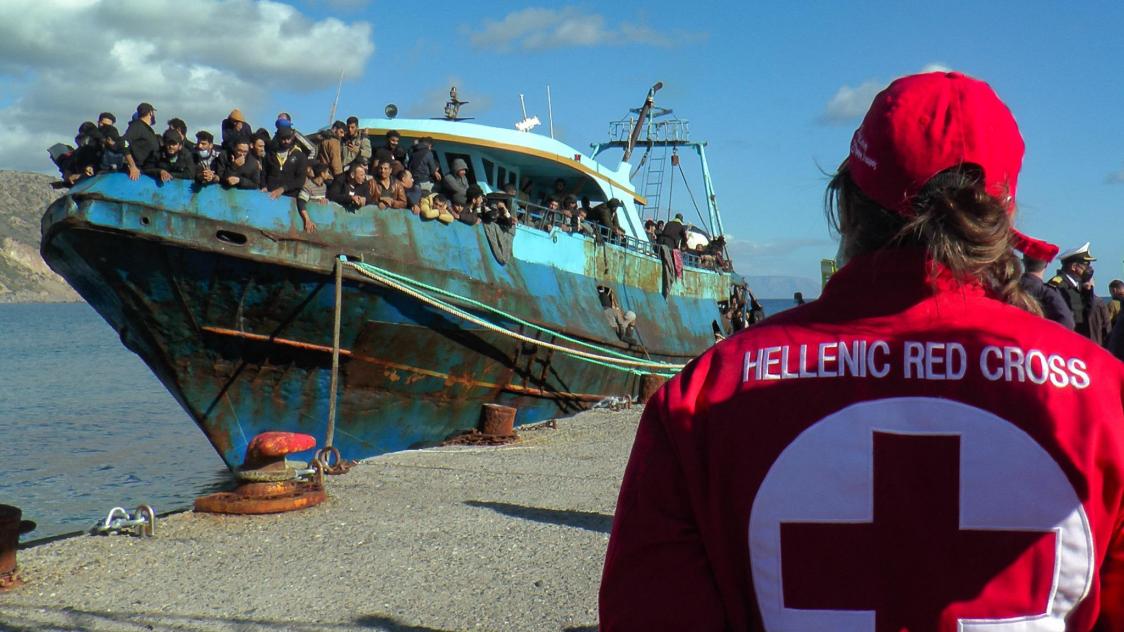
Women agricultural entrepreneurs face financial obstacles, FAO offers solutions
Women agricultural entrepreneurs in sub-Saharan Africa face many challenges in accessing finance, with high interest rates and restrictive collateral requirements. An FAO programme, in partnership with the International Trade Centre (ITC), aims to equip them to overcome these obstacles, through training and tailored financial products.
Structural challenges of women's agricultural financing
The story of Ghanaian entrepreneur Augustina Tufuor is emblematic of the many challenges African women face in the agricultural sector. Tufuor, who founded a plantain chip business, found her ambitions stymied by near-impassable financial barriers. When she tried to secure a loan to expand her business, she was faced with a requirement for a collateral of 20,000 Cedis and an interest rate of over 36%, making further investment impractical.
Like her, more than 70% of women entrepreneurs in sub-Saharan Africa do not have access to formal financial services, according to ITC figures. The majority of women agricultural entrepreneurs rely on informal networks or personal savings to survive and grow their businesses. Lack of land and technology further exacerbate the situation.
FAO and ITC's response: the EWAT programme
Recognizing these challenges, the Food and Agriculture Organization of the United Nations (FAO) has partnered with ITC to launch the Empowering Women and Boosting Livelihoods through Agricultural Trade (EWAT) programme, an initiative spanning six African countries. The main objective is to facilitate the integration of women entrepreneurs into the African Continental Free Trade Area (AfCFTA), by training them on product development, sales, marketing and, most importantly, financial preparedness.
One of the program’s beneficiaries, Asma Begum Mirza, a 61-year-old Nigerian agripreneur, saw her experience transformed after attending the Financial Readiness Bootcamp in Lagos. The camp helped her present her business plan more convincingly to potential investors. The program goes beyond training; it also works with financial institutions to create credit products tailored to the specific needs of women in agriculture.
Long-term impact on African agriculture
FAO’s approach goes beyond access to finance. Clara Park, FAO’s senior gender officer, emphasizes that gender equality is at the heart of the organization’s mission. Initiatives like EWAT enable women not only to access finance, but also to adapt to trade regulations, access new markets and build economic resilience.
With the right support, women like Augustina Tufuor and Asma Begum Mirza can not only overcome financial barriers, but also create value chains that improve the livelihoods of their communities. Ultimately, these efforts can contribute to the structural transformation of the agricultural sector in Africa, where women make up the majority of the agricultural workforce but often remain marginalized.



Leave a comment
This site is protected by hCaptcha and the hCaptcha Privacy Policy and Terms of Service apply.